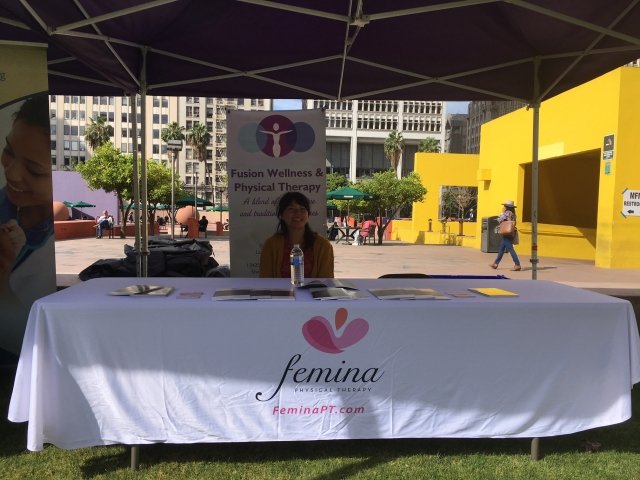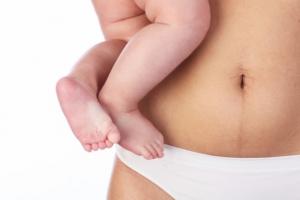Redefining Postpartum Care in the “Fourth Trimester” by Utilizing Pelvic Floor Physical Therapy
Last month the American College of Obstetricians and Gynecologists (ACOG) updated their position on postpartum care in the “fourth trimester” – the first 12 weeks after your baby is born. This is such a huge step for better healthcare and support for women after delivery. In other countries (France, Belgium, Northern Ireland and other European countries), postpartum physical therapy is a routine referral for women both in the hospital and for ongoing support when they are discharged.
The statement updates the previous recommendation of a 6 week visit, and instead supports a paradigm shift of postpartum care that not only adds contact with their Ob-Gyns within the first 3 weeks of delivery, but also address the need for ongoing care:
“Timely follow-up is particularly important for women with chronic medical conditions. The initial assessment should be followed up with ongoing care as needed, concluding with a comprehensive postpartum visit no later than 12 weeks after birth. This visit should serve as a transition to ongoing well-woman care and the timing of the visit should be individualized, woman-centered and the follow-up should include a full assessment of the following:
• mood and emotional well-being
• infant care and feeding
• sexuality contraception and birth spacing
• sleep and fatigue
• physical recovery from birth
• chronic disease management
• health maintenance
Maternal Mortality and Improving Care
The ACOG statement came initially to address maternal morbidity and mortality in the US. This past weekend our pelvic health physical therapists represented Femina PT in Downtown Los Angeles at the inaguaral rally — March for Moms.

This event is a national movement to address the maternal health crisis in our country. As far as industrialized countries go, the United States has the highest mortality rates–three times that of Canada and six times higher than Sweden. Awareness was raised to improve support before, during and after childbirth. It is their mission, as well as ours, to educate women and provide support during critical times. A University of North Carolina study on postpartum problems found that:
- 15% experience breast infections
- 27% have heavy bleeding
- 29% have frequent headaches
- 23% have hemorrhoids
- 31% have urinary problems
- 30% have bowel problems
- 15% experience postpartum depresssion, and many more have feelings of sadness and stress
And until now, healthcare providers have sadly normalized these symptoms “because you’ve had a baby”. From a physical persective, it is important to notice if both sensation and function are working for you the way you want them to. How is urinary and bowel function? Any bladder leakage? Bowel leakage? Issues with straining and constipation? How is sexual function? Are your orgasms the same as before baby? Are you having pain during intercourse? Are you having clitoral pain? Tailbone (coccyx) pain? Pain from your scar tissue (vaginally or c-section)? Have you developed a “weird hip pain” since delivery? Or other orthopedic pain, such as lower back pain? Some of these issues do not show up until several months after delivery. But they are far too often passed off in our medical system.
Postpartum Recovery Program
At Femina Physical Therapy, our physical therapists provide one-on-one services and support for women during one of the biggest transitions in their lives. Our methods of postpartum care in the fourth trimester address the physical needs and provide support during this transitional time.
The initial evaluation will begin with an assessment of your childbirth history, other related history and gathering your current complaints or concerns. During the physical exam we will check your posture, identify muscle imbalances (strength and flexibility), check for diastasis rectus abdominus (aka diastasis recti or DRA), land look for restrictions in joint, muscle and connective tissue. Once we determine the factors that are contributing to your complaints or dysfunction, an individualized treatment plan will be developed. Our programs are centered around the needs of women in our society. Our facility is baby-friendly, as moms should not have another barrier to receiving the care they need and deserve.
Want to meet our therapists? Check out their bios and we look forward to seeing you soon!

